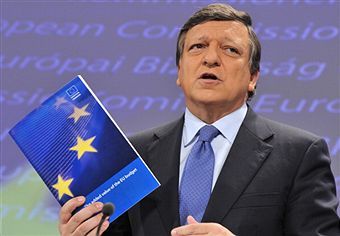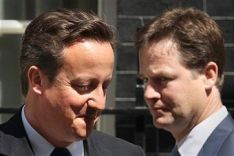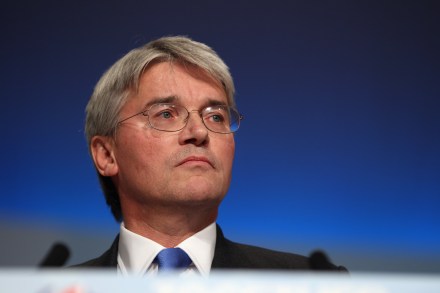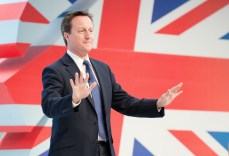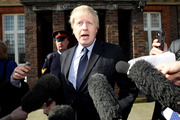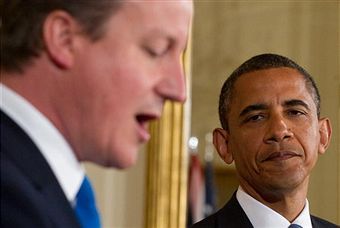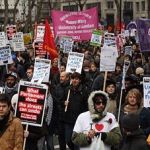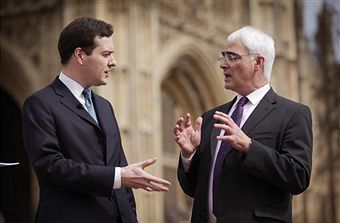Barroso’s EU confidence trick
Say what you like about Jose Manuel Barroso, he’s a wily old card. The European Commission president makes public demands for Britain to surrender its rebate in European Union membership fees. The government refuses. Then, hey presto! Headlines suggesting that Brussels has been seen off. “Brussels bribe to buy off UK rebate,” says the Daily Mail. “Britain’s rebate is fully justified and we are not going to give way on it,” a Treasury spokesman tells the media. The quotation is true, Barroso did indeed offer £23 billion to tweak the UK funding formula, and a short-termist like Gordon Brown might have accepted. But the battle for Britain’s EU spending was
